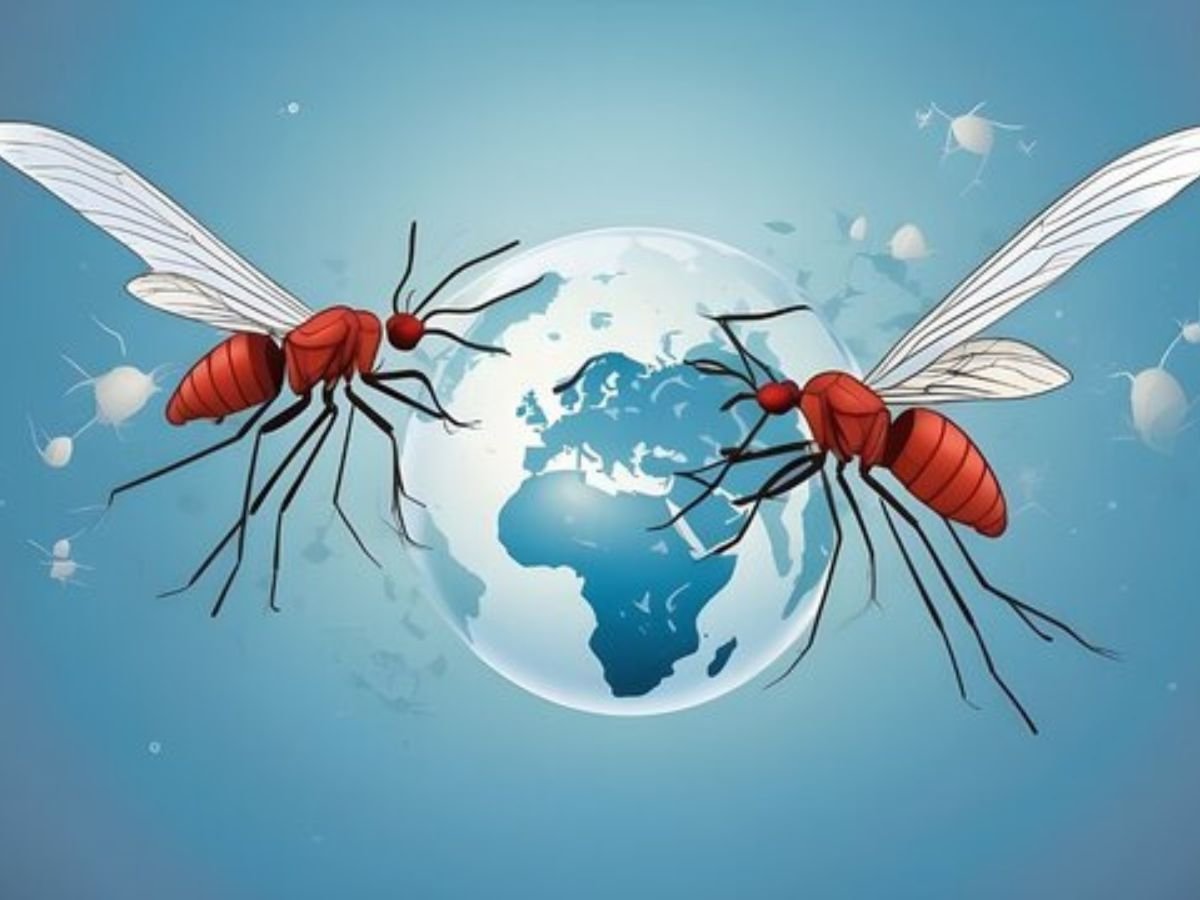New Delhi, 07 May 2025: A surge in dengue cases in Karnataka has raised alarms. The outbreak has spread across multiple districts. Hospitals are reporting a high number of patients with symptoms like fever, body ache, and low platelet count. As dengue cases rise each year, many experts are asking a serious question—can mosquito-borne diseases become endemic in India?
Karnataka Grapples With Dengue Surge
The current outbreak in Karnataka, especially in urban areas like Bengaluru, Mysuru, and Hubballi, is a stark reminder of how quickly mosquito-borne diseases can spread. According to the Karnataka Health Department, the state has recorded more than 1,200 dengue cases in the first four months of 2025, compared to just 430 in the same period last year—a nearly 3X surge.
Public health experts attribute this spike to a combination of unseasonal rainfall, poor waste management, water stagnation, and a lack of consistent mosquito control efforts. The Aedes aegypti mosquito, the primary vector for dengue and chikungunya, breeds in stagnant freshwater found in discarded containers, plant pots, drains, and construction sites—conditions that are unfortunately common across many Indian cities and towns.
Why Dengue and Other Mosquito-Borne Diseases Are Becoming Endemic
A disease is considered endemic when it is consistently present in a population or region, though often at manageable levels. Dengue is gradually moving from being seasonal to becoming a year-round concern in India, especially in states with warm and humid climates like Karnataka, Maharashtra, Tamil Nadu, and West Bengal.
Climate change, urban overcrowding, inadequate sanitation, and poor vector control strategies are key drivers behind this trend. Warmer temperatures and frequent rains provide a perfect breeding ground for mosquitoes, extending their life cycle and increasing transmission rates. Urbanisation, especially in poorly planned areas, has further aggravated the spread by creating multiple micro-environments where mosquitoes thrive.
Health Risks and Long-Term Impact of Dengue
Dengue is not just a common viral fever—it can have serious health implications. While many patients experience flu-like symptoms such as high fever, severe headache, joint and muscle pain, and skin rashes, others may develop more severe complications like dengue hemorrhagic fever or dengue shock syndrome. In vulnerable individuals, especially the elderly, children, and those with weakened immunity, dengue can be fatal if not managed promptly.
Repeated dengue infections can also weaken the immune system over time and increase the risk of complications. When a mosquito-borne disease becomes endemic, the population faces a constant health burden, leading to overworked hospitals, increased medical expenses, lost productivity, and mental stress for affected families.
Dengue Epidemic Upcoming? What Should Govt Do?
To prevent dengue from becoming a permanent public health crisis in India, a multi-layered strategy is urgently required. The government must invest in long-term mosquito control infrastructure—such as better drainage systems, regular fogging in high-risk areas, and strict monitoring of construction sites. More importantly, public awareness campaigns must educate citizens on preventive actions like eliminating stagnant water, using mosquito repellents, and installing mesh screens in homes.
At the individual level, people must act responsibly by checking their surroundings regularly for mosquito breeding sites. Wearing full-sleeved clothing, especially during the monsoon and post-monsoon months, and seeking timely medical help at the onset of symptoms can also help in early detection and treatment.
The alarming rise in dengue cases in Karnataka is a wake-up call for the rest of India. Unless urgent and sustained actions are taken, mosquito-borne diseases like dengue may become endemic, posing a serious and continuous threat to public health. Combating this silent epidemic requires a united effort—from policymakers and healthcare professionals to citizens and communities. The time to act is now, before seasonal outbreaks turn into a year-round health emergency.







